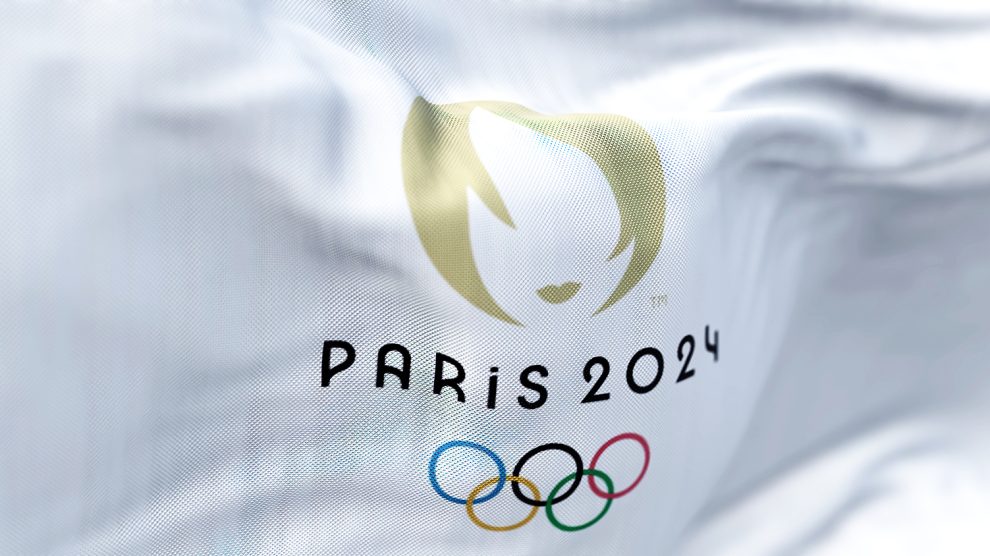Athletes from Russia and Belarus should only be able to participate once the war in Ukraine has ended.
On April 25, the Parliamentary Assembly of the Council of Europe (PACE) held a hearing on whether or not Russian and Belarusian athletes should compete at the 2024 Olympic Games in Paris.
During the two-hour session, numerous European representatives called on the International Olympic Committee (IOC) to ban Russia and Belarus from the Olympic Games next summer. The IOC had previously announced that Russian and Belarusian athletes would be able to participate, but that they would compete under a neutral banner.
Senior representatives from the IOC were invited to the session. However, IOC President Thomas Bach did not attend.
- Pressure mounts as world condemns IOC decision on Russian, Belarusian athletes at 2024 Olympic Games
- The sports community should not reward Russia
During the session, numerous European representatives questioned the IOC’s decision to allow Russian and Belarusian athletes to participate. PACE President Tiny Knox stated that enabling them to compete at next year’s Olympic Games would be “totally unthinkable”, while Danish lawmaker Mogens Jensen said that sport has to “take its responsibility” on determining how it will punish Russia for its invasion of Ukraine.
In addition, ministers from the United Kingdom and France called on the IOC to exclude Russians and Belarusians from the 2024 Olympics.
Ban or boycott
The pressure is mounting on the IOC. Should the organisation proceed with its decision, other means of altering the Olympic Games exist. For example, over 40 countries have considered boycotting next year’s competition. If this were to occur, then it could result in a catastrophe for the IOC. Millions of dollars of revenue would be lost, international broadcasters could pull out of the competition, and viewership across the globe would decrease.
Alternatively, visas could be denied to Russian and Belarusian athletes. France will be hosting the Olympic Games next summer, and some prominent figures have spoken out on the issue.
Russian teams “should not be allowed to compete at the Paris Olympics next year” if its war against Ukraine continues, argued Paris Mayor Anne Hidalgo.
“None of us should countenance the idea of a Ukrainian athlete being forced to share a pitch, a court, a field, a starting line with state-sponsored athletes from Russia and Belarus,” added French Minister for Sport Amélie Oudéa-Castéra.
As world leaders and politicians continue to debate Russian and Belarusian participation at the Olympic Games, other sporting organisations have had their say. For example, the International Basketball Federation (FIBA) has announced that Russia would not be allowed to compete in basketball at the 2024 Olympic Games, regardless of the IOC’s decision. FIBA Russia lost its place at the Olympics, and its qualification spot was handed to Bulgaria.

End the war, then compete
While the IOC is currently allowing Russian and Belarusian athletes to participate, other sporting bodies outside of the Olympic Games have punished Russia for its behaviour. For example, when the Russian invasion began, FIFA and UEFA suspended the men’s and women’s national football teams from competing in international tournaments. They would not compete at the World Cup or the European Championships. In addition, they could not participate in qualification campaigns for these tournaments or international friendlies. On a related note, Russian football clubs were barred from competing in the Champions League and Europa League.
Similarly, the International Hockey Federation has continued to uphold its ban on Russian teams. World Rugby has also prohibited Russia from participating in the 2023 Rugby World Cup. Finally, Russian athletes have been banned from rowing, badminton, and skiing competitions.
Recent developments show that numerous international sporting groups have banned Russian and Belarusian athletes from sporting competitions. They have also continued to uphold these bans, placing further pressure on the IOC. International governments will continue to press the organisation on its decision, and they will only rest once Russian and Belarusian athletes are prohibited from competing in the 2024 Olympic Games.
In short, athletes from Russia and Belarus should only be able to participate once the war has ended.
Unlike many news and information platforms, Emerging Europe is free to read, and always will be. There is no paywall here. We are independent, not affiliated with nor representing any political party or business organisation. We want the very best for emerging Europe, nothing more, nothing less. Your support will help us continue to spread the word about this amazing region.
You can contribute here. Thank you.


